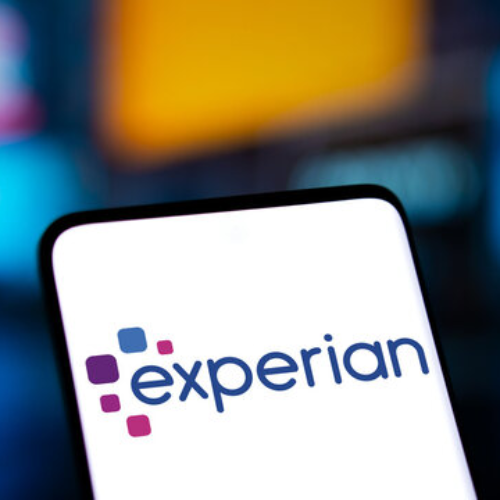When looking for safe places to store money, many people come across two common products offered by banks and credit unions: the CD Account (Certificate of Deposit) or the Savings Account. While both are designed to keep money secure, they have very different features that affect earnings, liquidity, and how consumers should use them in their financial planning.
Here’s a breakdown of what each product is, their key differences, and in which situations one might be more advantageous than the other.
What Is a Savings Account?
A savings account is one of the most accessible and popular options among consumers. Available at nearly all banks and credit unions, it works as a secure place to store funds while earning a modest amount of interest on the balance.
- Liquidity: Funds can be accessed at any time through transfers, withdrawals, or bill payments.
- Security: Savings accounts are usually insured by the FDIC (Federal Deposit Insurance Corporation) at banks, or the NCUA (National Credit Union Administration) at credit unions, up to $250,000 per depositor.
- Interest rates: Yields vary but are typically low, especially at large traditional banks. Some fintechs and online banks offer High-Yield Savings Accounts, which pay well above the national average.
In practice, savings accounts are often used for emergencies, short-term goals, or as a financial safety net.
What Is a CD Account?
A CD Account, or Certificate of Deposit, is another safe financial product but operates differently from a traditional savings account.
When opening a CD, the customer deposits a set amount of money for a fixed term, usually ranging from 3 months to 5 years. During this period, funds cannot be withdrawn without a penalty. In exchange, banks generally offer higher interest rates than savings accounts.
- Fixed term: Funds remain locked until the maturity date.
- Guaranteed interest: The rate is set at the time of purchase, so the investor knows the exact return.
- Security: Like savings accounts, CDs are insured by the FDIC or NCUA up to the legal limit.
- Penalties: Early withdrawals typically incur fees, often deducted from the interest earned.
CDs are best suited for people who don’t need immediate access to their money and want a predictable return.
Key Differences Between CD or Savings Account
Although both are safe and federally insured, there are clear distinctions:
Liquidity
Savings Account: Immediate access to funds.
CD Account: Funds are locked until maturity, with penalties for early withdrawal.
Earnings
Savings Account: Lower interest rates, which vary by institution.
CD Account: Typically higher rates, especially on longer terms.
Flexibility
Savings Account: Useful for ongoing deposits, transfers, and emergencies.
CD Account: Ideal for those willing to trade liquidity for higher returns.
Term
Savings Account: No fixed term.
CD Account: Requires a set maturity period, from months to years.
Which One Is Better?
The choice between a savings account and a CD depends on personal financial goals and circumstances.
A savings account is better for people who need quick access to funds, whether for building an emergency fund, saving monthly income, or setting aside money for short-term goals like travel or planned purchases.
On the other hand, a CD is a good fit for those with extra funds they won’t need in the near future and who want higher, predictable interest rates. CDs can also help reduce impulsive spending since the money is locked away.
Many financial experts recommend combining both products. For instance, someone might keep their emergency savings in a savings account for liquidity, while placing additional funds into CDs with staggered maturity dates to maximize returns.
Final Thoughts
Both savings accounts and CDs are solid options for keeping money safe. A savings account offers flexibility and immediate access, while a CD rewards commitment with higher and guaranteed returns.
For anyone aiming for financial stability, the decision should weigh personal goals, time horizon, and tolerance for reduced liquidity. With the right strategy, these two products can complement each other, ensuring both security and growth.
you’ll be redirected to the financial institution’s site
All information in this and other US PIXIN articles is subject to change over time. Please check for updates directly with the institutions and companies mentioned. Approval is subject to the institution’s review.
REFERENCES:
Read more about finances in https://us.pixin.com.br/category/blog/




